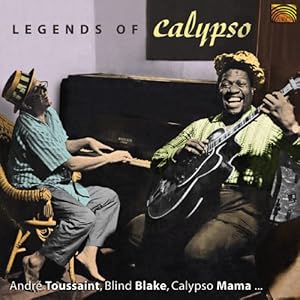
After decades of prosperity and growth, my entire lifetime really, the Global Financial Crisis brought world economies to a shuddering halt. And for a moment it looked like old fashioned values such as thrift, saving for a rainy day and the importance of the long-term view were no longer seen as over-cautious or obsolete. Suddenly, it seemed, they were back in vogue. 'Saving is the new spending' is the line one silly TV commercial is still rather feebly pushing on Victorian TV.But of course that moment of discomfort has passed. A mere blip. Now the Australian government has restarted the motor with billions of dollars, and sales of jet skis, European cars, smart apartments and holidays to Bali are reassuringly restored to their previously buoyant level. Austerity, which briefly appeared no longer to be a weird eccentricity, but the fashion of the moment, has gone the way of mad crazes of the past, like the hula hoop and the yo-yo.
Surely the 'economic stimulus packages' are no different to giving a gambling addict another credit card. Which of course means that next time the money runs out it's going to be worse, and it'll take more than a billion dollars worth of poorly installed installation to pull us out of it. Next time there'll be no money to restart the economy. Next time we'll be screwed. And it'll take more than a month or two of mild panic to get things going again; instead we'll find ourselves in another decades-long depression. (Or am I just being a silly old alarm-monger?)
Not that the lessons of the past were ever forgotten by our mother. Nor, indeed, her mother, or presumably her father, who lost the farm in The Great Depression. Mum knew how to cook using the cheapest cuts. (Who of her children can ever forget her tripe in white sauce?)

She regarded indulgence in pre-prepared meals or junk food as a peculiar form of madness. If something could be repaired, rather than replaced, she'd repair it. She bought a small car because it used less fuel, and hung onto it long after newer, more seductively optioned models appeared, because it still ran perfectly well. She reversed the collars on Dad's shirts when they wore out. It seems unlikely that the present senior partner of Mallesons would be attending board meetings in shirts with cunningly reversed collars. She bought cheap bars of Velvet soap and placed them on top of the refrigerator where it was warm so they'd dry out and last longer.

Since clearly it is only a matter of time before a hard rain starts to fall, we'll be taking steps to tighten our belts in this branch of the Trumble family. There'll be certain carefully applied austerity measures (which do not, at least for the present, include tripe in white sauce).


























